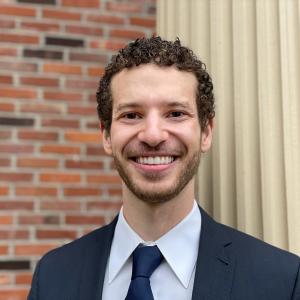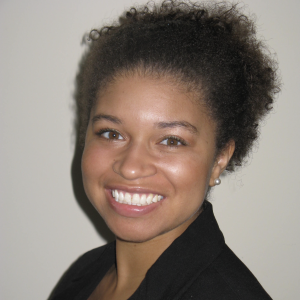Farzaneh Najafi

Farzaneh Najafi
Assistant Professor
Overview:
Our brain not only processes sensory signals but also makes predictions about the world. Generating and updating predictions are essential for our survival in a rapidly changing environment. Multiple brain regions including the cerebellum and the cortex are thought to be involved in the processing of prediction signals (aka predictive processing). However, it is not clear what circuit mechanisms and computations underlie predictive processing in each region, and how the cortical and cerebellar prediction signals interact to support cognitive and sensorimotor behavior. Our lab is interested in figuring out these questions by using advanced experimental and computational techniques in systems neuroscience.
2672519137
Office Location:
IBB 3314
Research Interests: Systems and behavioral neuroscience; Computational neuroscience; Predictive processing; Brain area interactions; Cortex and cerebellum; Population coding
IRI Connections:









